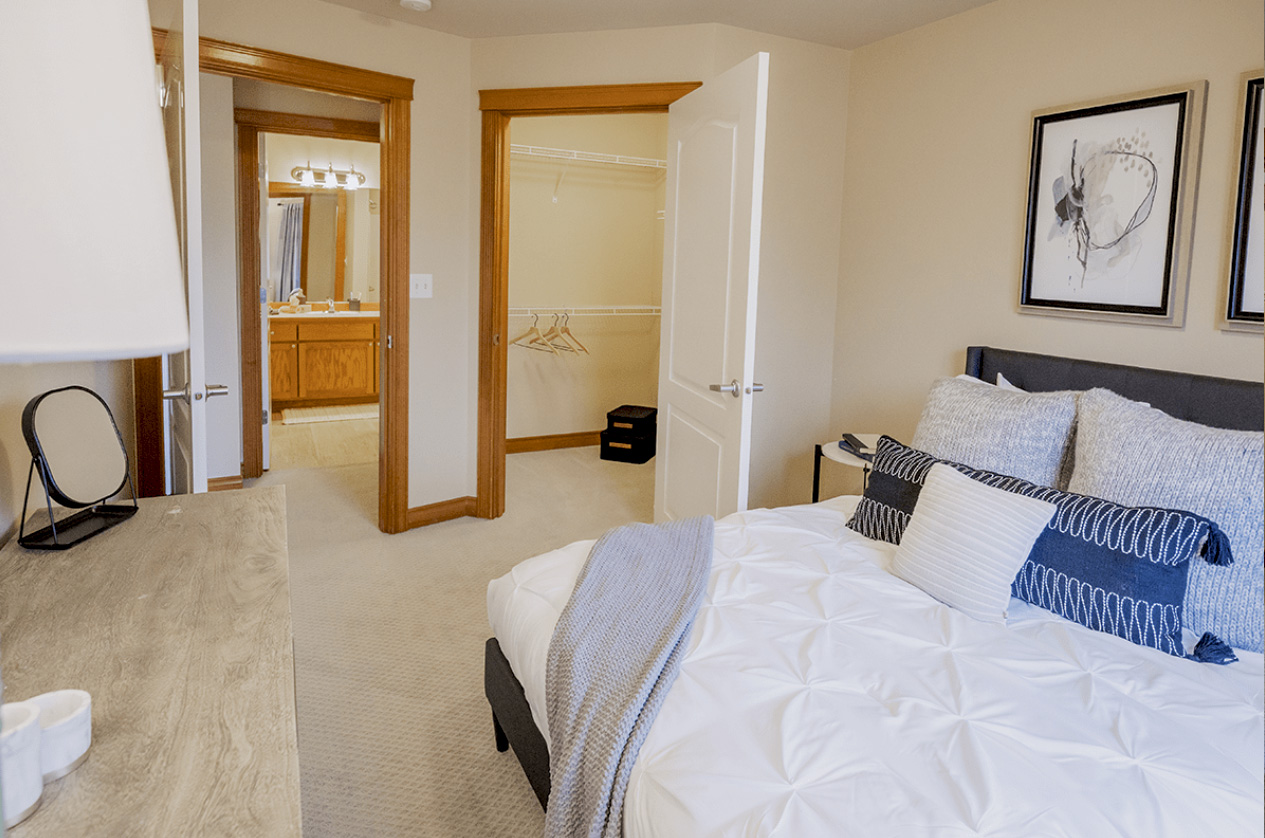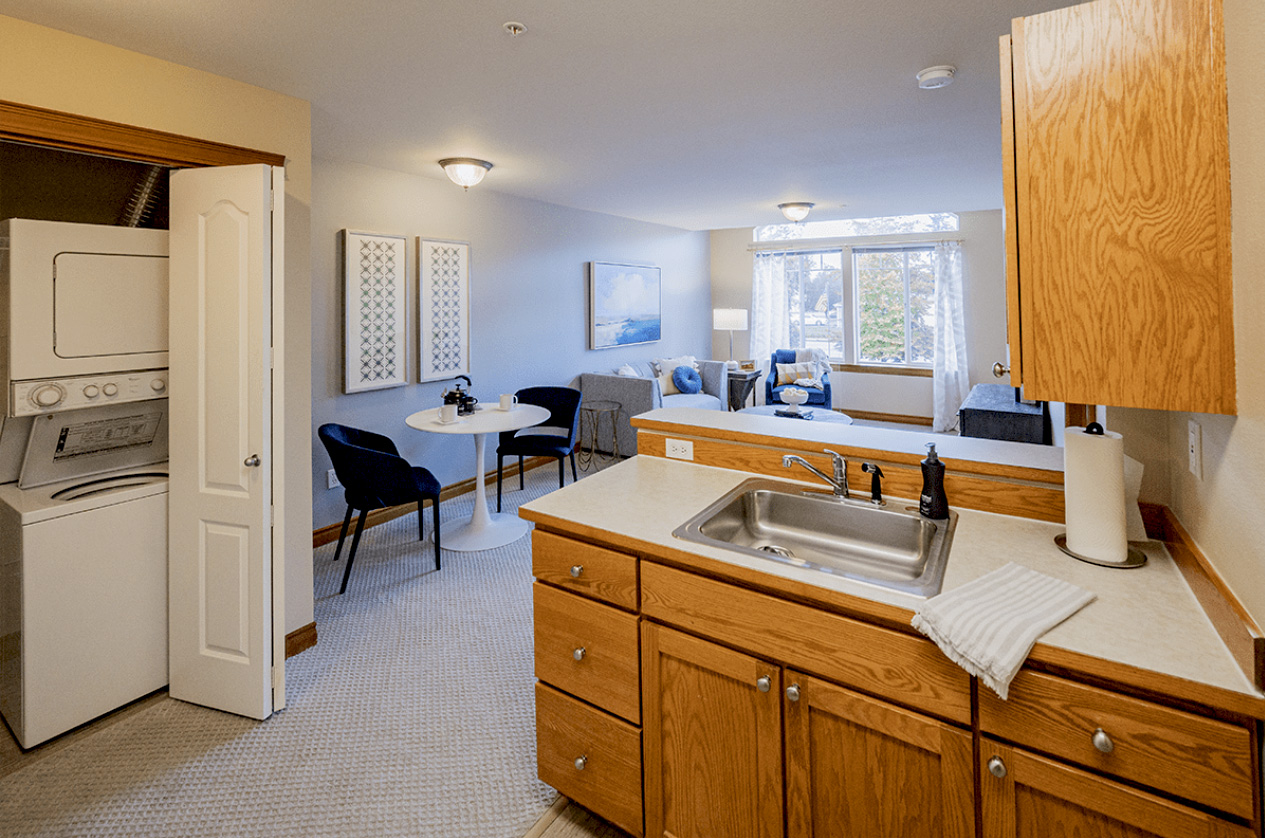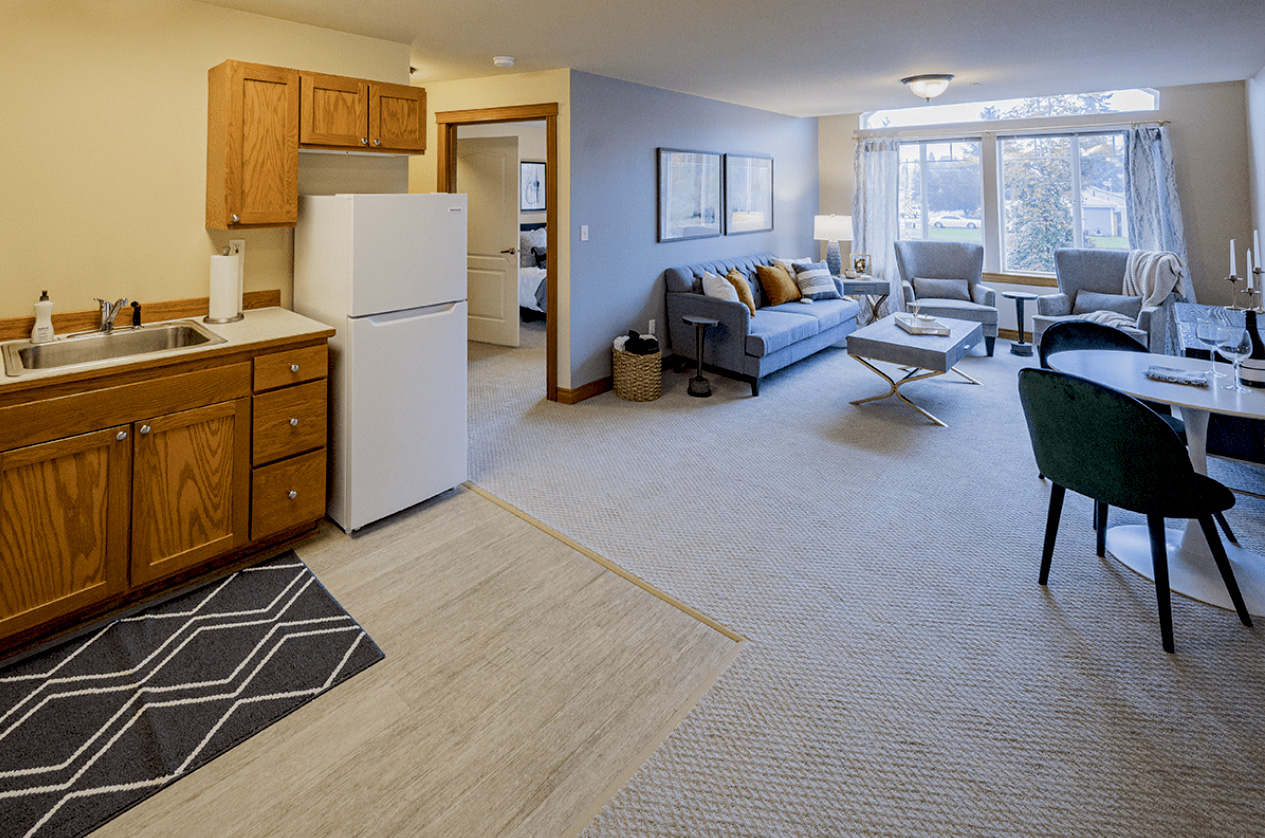Radio Show Podcasts
All About Spend Downs, Part 3
How do you take care of your spouse if you need long term care now? What can you do with your money if your spouse is still at home? Elder law attorney Jim Koewler joins Suzanne Newman to answer these questions, by spending down your money to access Medicaid and VA benefits.
All About Spend Downs, Part 2
What is a Medicaid spend down? Elder law attorney Jim Koewler joins Suzanne Newman to answer this question, and shows how it differs if you're single or married. With a single person, if they want VA coverage, they have the same asset limits of $130K. If they want Medicaid long-term care coverage, they need to reduce assets to $2K, or their state's level, which is very different from the VA level. How you do that is through a spend down.
All About Spend Downs, Part 1
What do you do when you or a senior loved one needs care now — a crisis situation — and they have some money available? In this situation, one option is to choose to private pay for the care. This segment focuses on financial eligibility for married couples to receive VA pension benefits and Medicaid. If you're married, to get Medicaid you have to spend your assets down below $2,000 (Federal and Ohio levels; amounts vary by state).
Cadence Living Update
Tracey Harvey from Cadence Living joins Suzanne Newman to update us on the new senior living community opening in Kent, Washington. Many of their over-55 residents work, drive cars, and go to events and activities, and just want someone to help with cooking and cleaning. Tracey is Regional Vice President of Marketing & Strategic Planning, Northwest for Cadence at Kent-Meridian.
Foundational Principles of Wellness, Part 4
The third foundational principle is safety, feeling safe and cared for, protected in your environment. Safety in mobility issues, medication, living environment, and outside safety. Elena Cuevas, Regional VP of Sales for MorningStar Senior Living, joins Suzanne Newman at MorningStar Senior Living at Silver Lake in Everett, Washington to talk about eight fundamental principals of wellness.
Foundational Principles of Wellness, Part 3
The second foundational principle is environmental wellness, feeling comfortable in your environment. MorningStar asks residents to bring their own things, bring the comforts with you; you're downsizing, but bring your favorite chair, your artwork, and what's important to you. Your environment is an extension of your home.
Foundational Principles of Wellness, Part 2
The first foundational principle of wellness is emotional wellness, which is coping effectively with life and creating satisfactory relationships. Elena Cuevas, Regional VP of Sales for MorningStar Senior Living, joins Suzanne Newman at MorningStar Senior Living at Silver Lake in Everett, Washington to talk about eight fundamental principals of wellness. The process of moving into a senior living environment is scary.
Foundational Principles of Wellness, Part 1
Elena Cuevas, Regional VP of Sales for MorningStar Senior Living, joins Suzanne Newman at MorningStar Senior Living at Silver Lake in Everett, Washington. Elena and Suzanne talk about the community and wellness as a fundamental principal they apply for their residents and family members. They introduce eight dimensions of wellness that encompass a holistic approach to making someone's survival more realistic. MorningStar has 34 communities in 12 states.
How to Begin Decluttering, Part 4
Once you've got Mom settled in her new senior living community, you still have to go back and sort through the rest of her things. This segment talks about three piles you need to make while sorting through her things: sell, donate, trash.
How to Begin Decluttering, Part 3
Kelley talks about how the conversation often goes, when Mom first sees a potential model unit. You know she'll need a couch, bed, table and chairs, nightstand — no brainers. But she sees no room for the things that matter to her. If her little crystal animals are that important to her, find a way to bring them. It's not whether she uses it or not, it's something that connects her to something she loves. The move itself is traumatic enough, so be kind and listen to what she wants. Honor her for who she is; it's important to her. Have those conversations with the community. The more people share, the more the community can help.





















